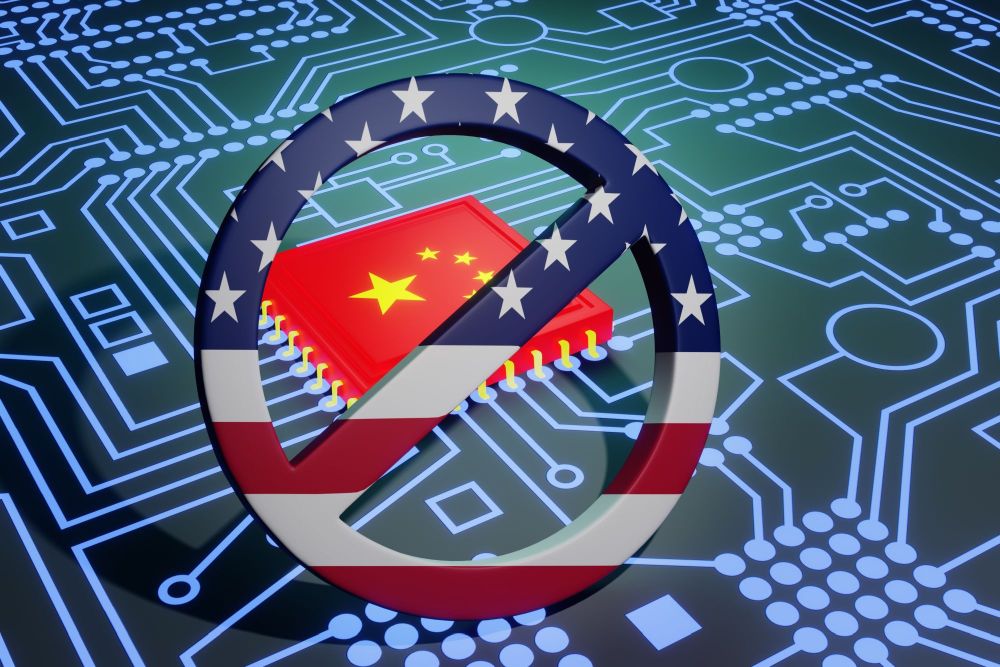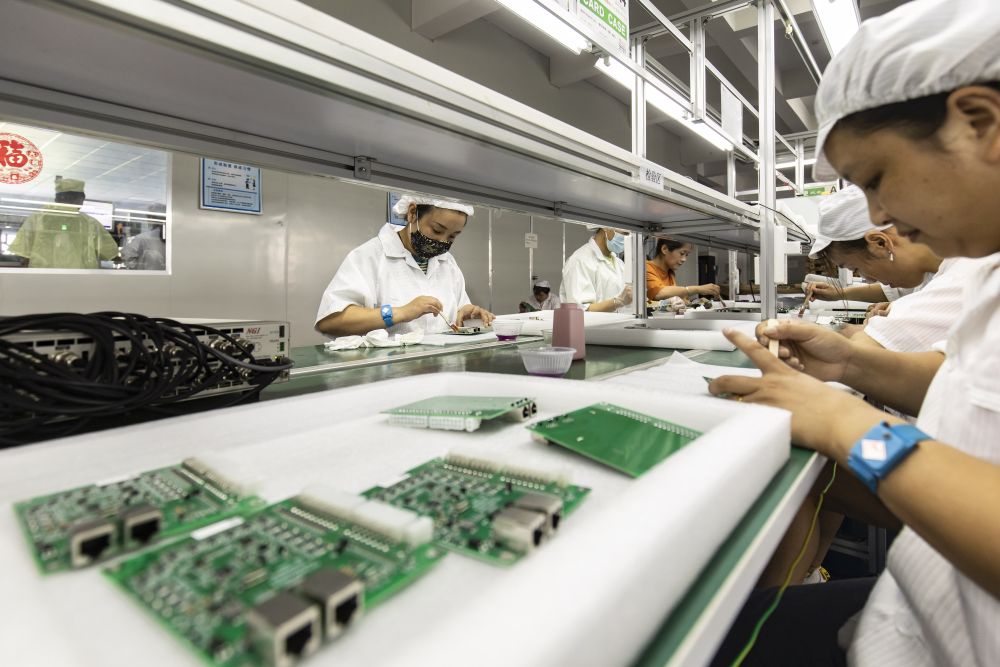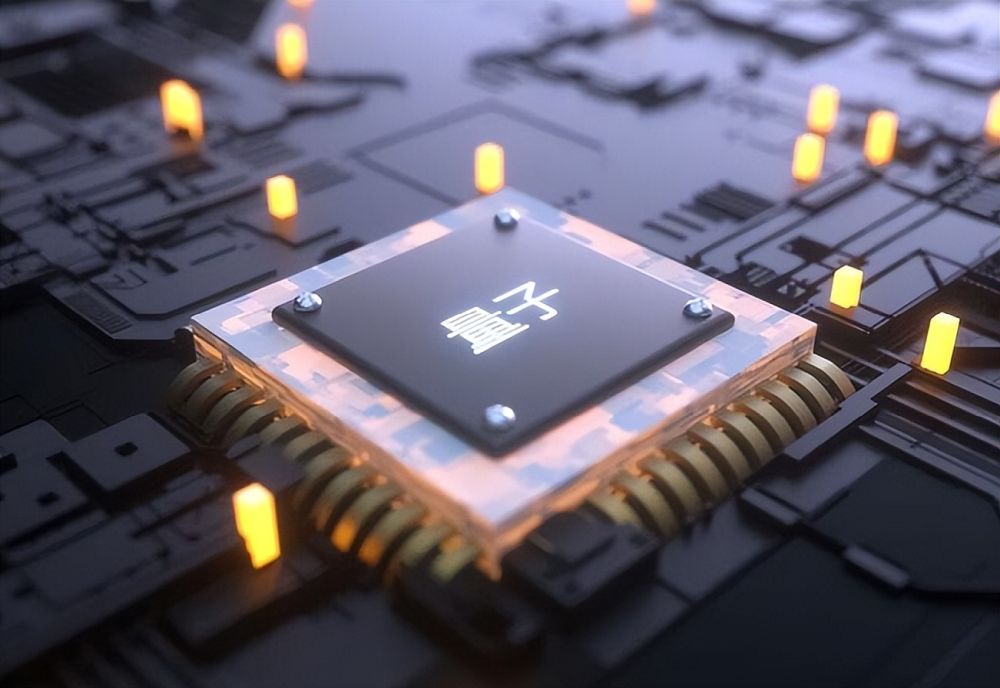In a significant move that has reignited the tech war between the U.S. and China, the Biden administration has unveiled new export controls aimed squarely at curbing China’s advancements in semiconductor technology. These restrictions focus on limiting the export of high-end semiconductor manufacturing equipment and components, effectively stunting China’s ability to produce the most advanced chips. This strategy is directly linked to concerns over national security, particularly the military applications of AI that could be developed with such chips. The U.S. sees these measures as essential in maintaining technological supremacy and protecting strategic interests against what it perceives as an aggressive rise in Chinese tech capabilities.

The new controls are not just about hardware; they represent a broader U.S. policy to slow down the development of sophisticated AI technologies in China. By controlling access to critical manufacturing tools, the U.S. aims to hinder the progress of Chinese tech firms in areas that could have dual-use – civilian and military – applications. This has sparked a significant backlash from Beijing, which views these restrictions as an attempt to suppress its technological growth and maintain U.S. dominance in the global tech arena. The tension has led to discussions about potential countermeasures, including China possibly imposing export bans on rare earth materials crucial for chip production, thereby escalating the chip war to new heights.

Reactions on social media platforms like X highlight the global concern over these developments. Users and tech analysts alike are debating the long-term implications of this move, from potential disruptions in global supply chains to the acceleration of tech decoupling between the two superpowers. Some posts suggest this could lead to a bifurcated tech world, where technology standards, platforms, and innovations diverge based on geopolitical alliances. The sentiment is mixed; while some applaud the U.S. for taking steps to safeguard its tech leadership, others worry about the broader impact on international trade and innovation.

This latest chapter in the U.S.-China tech saga underscores the strategic importance of semiconductors in modern geopolitics. As chips become integral to everything from consumer electronics to military hardware, controlling their production and distribution has become a pivotal aspect of national security strategy. The ongoing restrictions might slow down China’s tech ambitions, but they also signal a new era of tech nationalism, where countries are increasingly protective of their technological assets, potentially leading to a fragmented global tech landscape. The world watches closely as these dynamics unfold, pondering the future of technology, innovation, and international cooperation in a divided tech ecosystem.

#USChinaTechWar #ChipRestrictions #SemiconductorControls #TechNationalism #AISecurity #ExportControls #GlobalTechRace #SemiconductorIndustry #TechDecoupling #GeopoliticalTech
